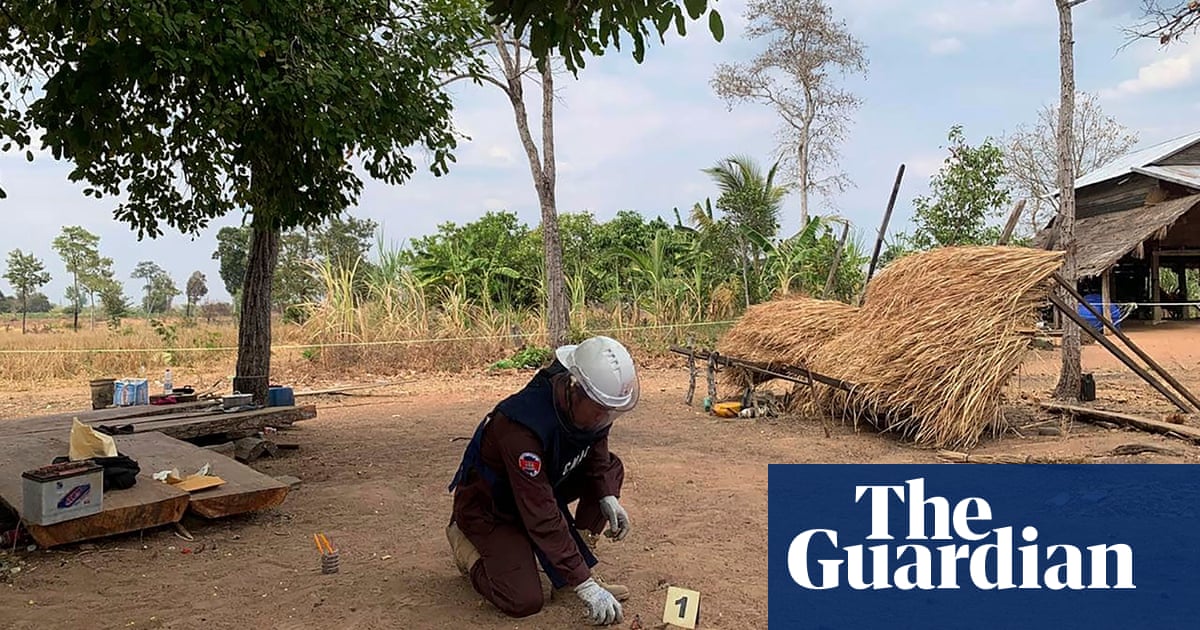An outbreak of measles is currently raging in Texas. Health officials have documented dozens of cases over the past month, but the true tally may be substantially higher.
On Friday, the Texas Department of State Health Services provided the latest update on the measles outbreak, which has been ongoing since at least mid-January. Within the last three weeks, there have been 48 cases reported in the rural South Plains region of Western Texas, mostly involving children and teenagers. The outbreak hasn’t shown signs of slowing down yet, though, and officials worry that hundreds of kids have actually been infected so far.
Measles is a highly contagious viral disease that typically strikes young children. Its most common symptoms are fever, a distinctive rash, cough, and watery eyes. Recent research has also indicated that a measles infection can wipe away a person’s immunity to other germs, making them vulnerable once again.
Most people survive their bout with measles, but it can be more life-threatening in younger children. And though measles vaccination is highly effective at preventing infection, the virus continues to thrive in parts of the world where vaccine uptake is low. As of late, measles cases have surged. According to the World Health Organization, there were an estimated 10 million cases of measles worldwide in 2023, up 20% from the previous year, along with over 100,000 deaths that year.
In the U.S., measles has been locally eliminated for over two decades. But the virus can still spark outbreaks in communities, particularly in places with vaccination rates below the herd immunity threshold; because the virus is so highly contagious, it takes about 94% of a population being vaccinated to keep measles from spreading far.
To date, at least 13 people have been hospitalized in this latest outbreak. But officials expect more cases to be identified, and it’s possible that between 200 to 300 people in total have already been infected. All known cases involve unvaccinated individuals or those with unknown vaccination status, according to the DSHS. The bulk of the cases are in a rural Mennonite community, though officials note that the lower vaccination rate isn’t due to an explicit religious objection from its leaders.
“The church isn’t the reason that they’re not vaccinated,” Texas DSHS spokesperson Lara Anton told the Associated Press Friday. “It’s all personal choice and you can do whatever you want. It’s just that the community doesn’t go and get regular health care.”
The overall rate of measles vaccination remains high in the U.S., though it’s slightly dipped in recent years. As of the 2022/2023 school year, roughly 93% of school-age children have gotten their measles, mumps, and rubella vaccine. But the anti-vaccination movement has contributed to declining public trust in at least some vaccines. And things aren’t expected to get any better with the arrival of Robert F. Kennedy Jr. as the incoming director of the U.S. Department of Health and Human Services, the federal agency that oversees the country’s public health. Kennedy and other prominent anti-vaxxers have routinely made false and misleading statements about the safety of vaccines, often based on poorly done, misrepresented, or fraudulent data.
It’s possible then that this outbreak in Texas will only be a preview of things to come.
Article by:Source:












